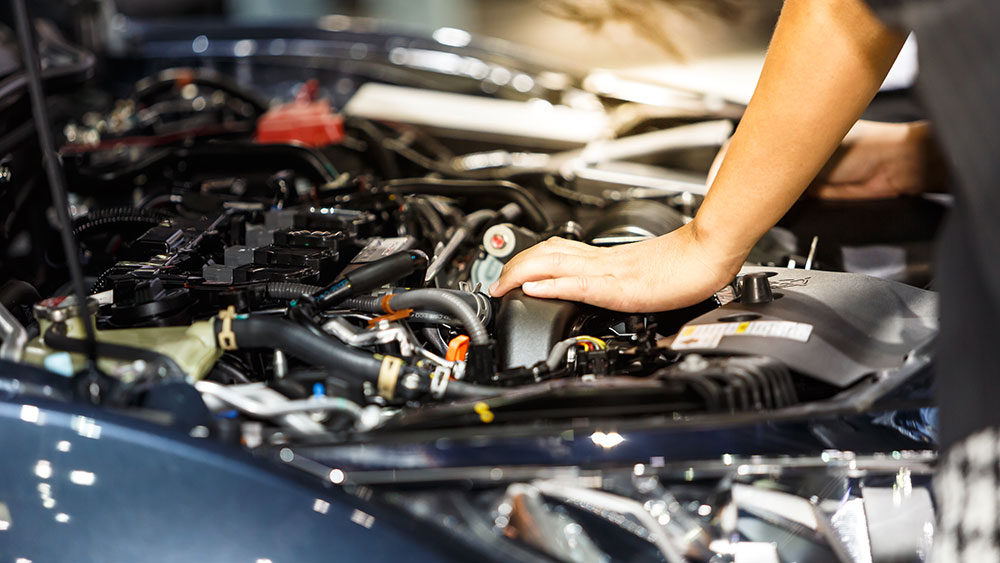Having worked in a large bank, I realize that brick and mortar banks will never find it sustainable to support low balance accounts. The fixed costs of operating branches plus the weighty legacy tech overhead costs all come in the way. Not that those costly branches are particularly helpful for the underprivileged. The branches are not psychologically approachable, and the staff are often less friendly to poor / financially illiterate customers (the branch reviews for my local credit union were horrible - languid tellers not caring for customers patiently waiting in lengthy lines).
Yes you may say digital is the way to go, but digital only works for 'poor but tech savvy' people. Can you imagine how tough it is for someone to operate a complex financial product* entirely digitally if they don't know the difference between a browser and an app? Add on the reality that these customers usually have a cheap under-powered phone powered by a bargain basement phone-plan that takes several seconds to load a page.
Yes eventually customers will becomes more tech savvy, and at the same time more digital-native financial products will be launched (with presumably user-friendly fee structures and no hidden gotchas, which can be trusted by those with low financial literacy). But in the meantime, I can't think of good solutions for the intersection group of underprivileged + non-tech-savvy than to keep their cash in their pillow.
*Are there in reality any 'easy' financial products? No I am not being facetious. Most of us just got super familiar with consumer banking products over time, but things like deposit accounts or credit cards or loans are not simple or intuitive fundamentally. The poor probably feel inside a branch what you or I might feel sitting in a car repair center (the banker/mechanic will come in presently, explain gravely what is wrong and what it will cost, you will nod sagely and keep wondering whether it's all accurate or you are being scammed)

No comments:
Post a Comment